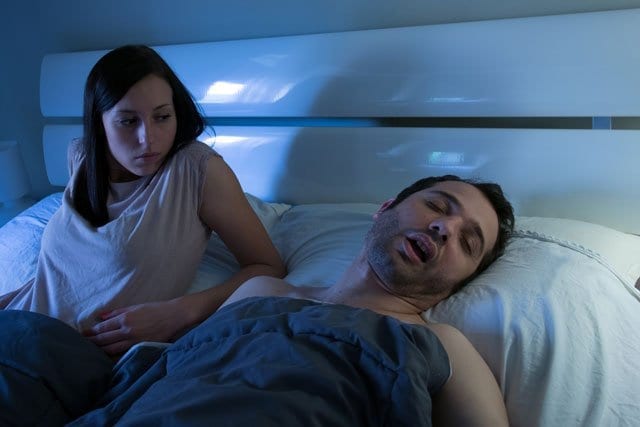If you’re always feeling tired, you may be regularly losing sleep. Sleep plays a vital role in our daily lives. Without good sleep, people report feeling tired, sluggish. They underperform at school or work, and feel more stressed and interact more irritable with family and friends. Nobody wants that. There may be a number of reasons for your sleep disturbance. It may be a common sleep disorder called sleep apnea.
How important is my sleep?
In addition to the issues above, which are bad enough, did you know that lack of restorative sleep produces significant medical consequences as well? Studies have shown that people with sleep problems are at higher risk of developing cardiovascular disease, heart attack, and stroke. Sleep-related disorders have been linked to seven times as many car accidents, one-third of them being fatal. Sleep disturbance also decreases overall lifespan, irrespective of age, sex or body mass index.
What could be the problem?
One of the most common and problematic sleep-related disorders is called Obstructive Sleep Apnea Syndrome (OSAS) due to our uncontrolled breathing patterns at night. This occurs when the muscles and walls surrounding your airway become overly relaxed and collapse on themselves, blocking air entering your lungs. Your body corrects for this by entering a lighter level of sleep where your muscles have more strength. Your body can breathe again, but at the expense of losing that deep, restorative phase of sleep. This can happen many times per hour, all throughout the night.
How do I know if I have Obstructive Sleep Apnea?
Studies show this syndrome to be relatively common. Shockingly though, it’s estimated that 80% – 90% of people with a moderate to severe form of this syndrome remain undiagnosed.
In addition to feeling very tired and sluggish during the day, other symptoms include:
- Loud snoring during the night that is witnessed by someone else
- Nighttime gasping or choking
- Headaches in the morning
- Having a dry mouth or sore throat in the morning
- Increasing neck size
If your doctor is concerned you may have OSAS, then the best way for an accurate diagnosis is to have an overnight sleep study. This can be done in a lab (don’t worry, it is decorated like a hotel room and they get you out before work the next morning), or in the comfort of your own home.
How is OSAS treated?
The best treatment available today for sleep apnea is a Continuous Positive Airway Pressure or CPAP mask. The mask works by delivering air to you at a higher pressure to keep the walls of your airway from collapsing. If a sleep study confirms you have OSAS, then a second sleep study will be performed with a CPAP mask to find out the best pressure settings for your body. If you can’t tolerate the CPAP mask or it does not work for you, there are surgical procedures designed to address sleep apnea.
If you think you could be suffering from any sleep-related breathing problems, come see one of our skilled Ear, Nose and Throat physicians for a consultation. We treat sleep apnea as well as a variety of other ear, nose and throat problems including silent reflux, ear infections, tonsil and adenoids, nasal polyps, and deviated septum. Our Fairfield County offices are located in Danbury, New Milford, Norwalk, Ridgefield, and Southbury.

